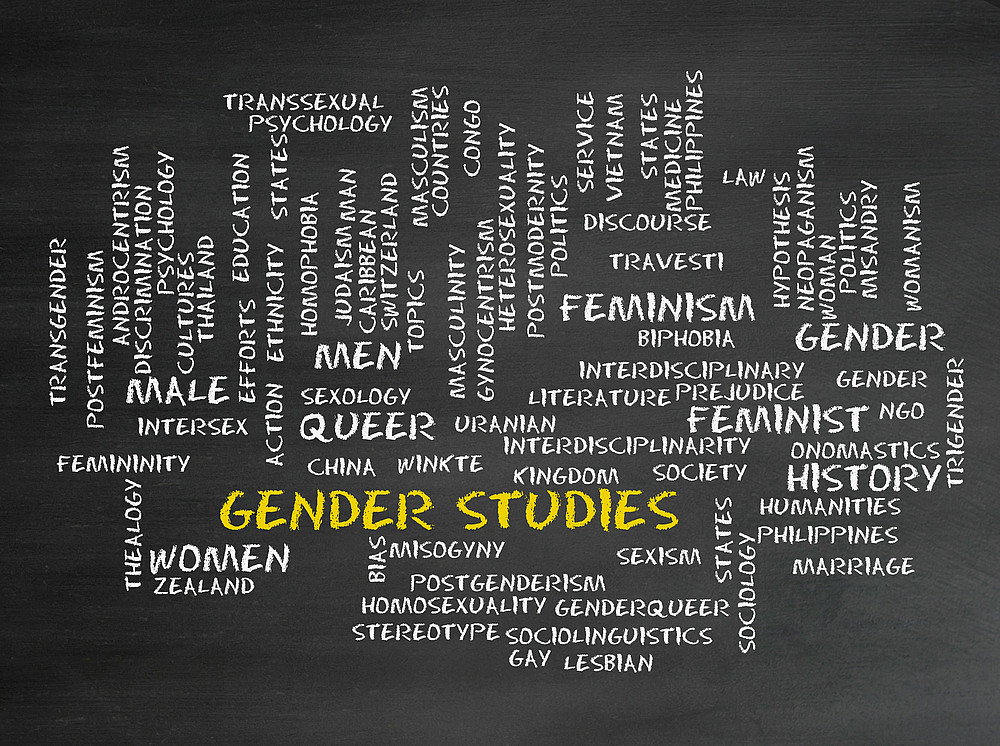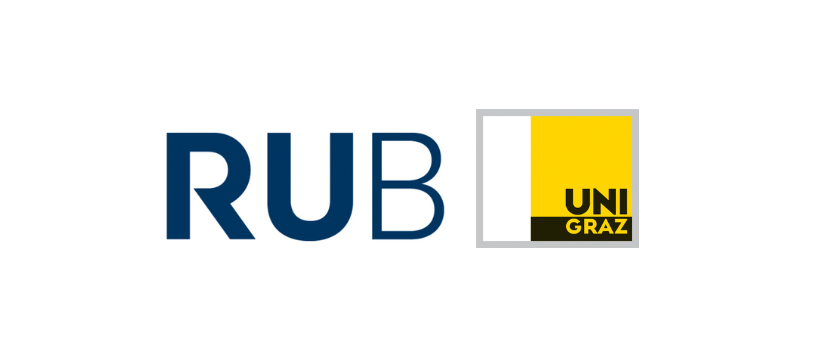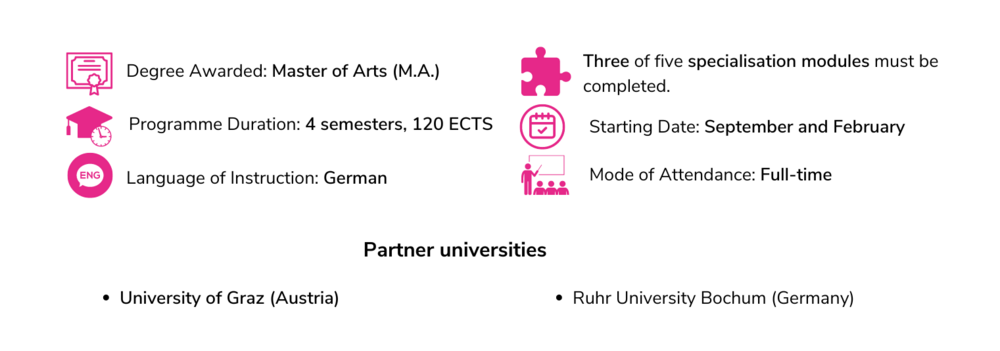This master’s programme focuses on gender issues and how these relate to other factors such as ethnicity, class, (dis)ability, age and many more. You can specialise in various different areas (e.g. everyday life, politics, the economy, academic theory). The aim of this study programme is to analyse the status quo from a critical perspective, and to identify opportunities for change.
The master programme teaches gender skills from an international, particularly European, perspective, which are becoming increasingly relevant against the backdrop of current cultural, social, political and economic transformation processes and are therefore in high demand. Graduates can use this knowledge to analyse and change gender-structural conditions in organisations and thus promote equal opportunities for all.

Modules & Specialisation
The master programme teaches various disciplinary perspectives, theories and methods that complement each other in terms of their respective subject matter and can be related to each other from an overarching gender perspective. The programme consists of basic and in-depth modules as well as a practical module, the master thesis module and free elective subjects. The in-depth modules to specialize are:
- Gender relations in transformation: History and change of gender relations in different areas of society.
- Theoretical movements in Gender Studies: In-depth study of specific theoretical approaches and discussion of current perspectives in Gender Studies.
- Gender and Representation: Examination of different gender constructions in media, religion or literature.
- Structures and practices in organisations and institutions: Gender-driven analyzation of the comprehensive transformation processes of work, institutions and cultural practices currently observed in a national and international context.
- Individual focus: In-depth study of topics of your choice from the course catalogue of the master programme.
Degree & Career
As a graduate you will be able to work in many different fields, depending on the content of your bachelor’s programme, where expertise in gender issues is important. Possible career paths include anti-discrimination and equal opportunity bodies, social affairs and research, the media and cultural organisations, adult and continuing education, politics and policy advice, psychology and psychotherapy (gender-sensitive diagnostics, career counselling, advertising psychology, gender-specific trauma therapy, personal counselling, life coaching etc.).

Mobility & Participating Universities
Students choose one of these universities as their entrance university where they start and finish the programme. Students complete their mandatory mobility semester at the participating partner university.
(Kopie 1)

